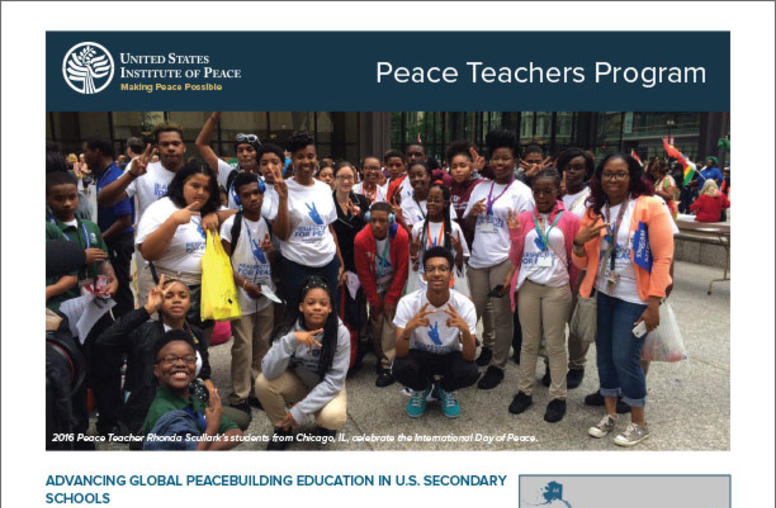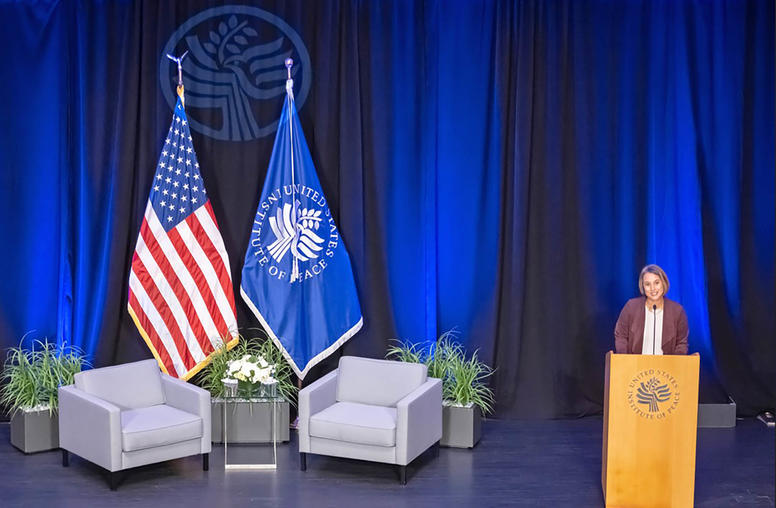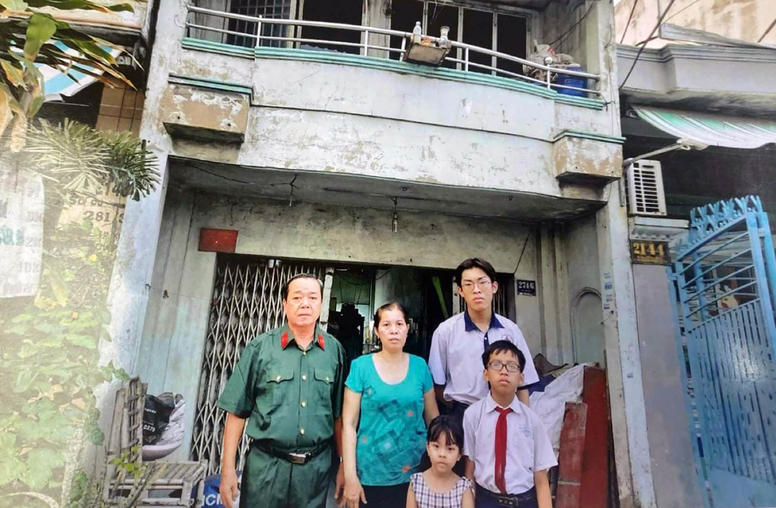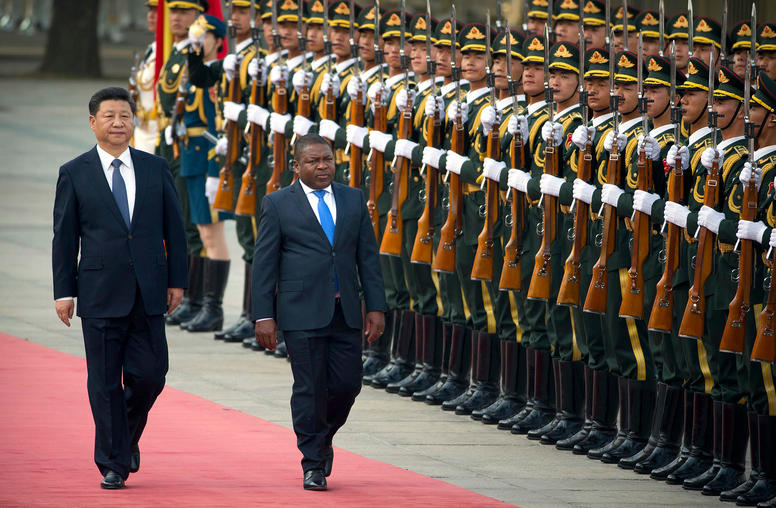Demystifying the Origin of Creative Breakthroughs
Tatushi Arai, author of Creativity and Conflict Resolution: Alternative Pathways to Peace, challenges the notion that creativity is a rare quality with which only a few gifted individuals are born and demystifies the origin of unthinkable breakthroughs for conflict resolution. With his extensive international experience as a mediator and trainer, Arai will enliven the discussion with case studies and stories from around the world.
There has been a tendency among practitioners of conflict resolution to think of creativity as a rare quality with which only a few gifted individuals are born, just as Einstein and Mozart were born with special talent. Tatsushi Arai, author of "Creativity and Conflict Resolution: Alternative Pathways to Peace," challenges this notion and demystifies the origin of unthinkable breakthroughs for conflict resolution. Based on a comparative analysis of 17 case studies, he identifies 11 patterns of creativity – all learnable and teachable – that stimulate unthinkable breakthroughs.
At the heart of creativity, Arai argues, is a group-based process of knowing, whereby parties to a conflict learn to formulate an unconventional resolution option, and a growing number of others gradually come to recognize it as acceptable and workable. With his extensive international experience as a mediator and trainer, Arai will enliven the discussion with case studies and stories from around the world.
This is an interactive workshop that invites participants to explore creative thinking in response to a hands-on exercise that the author, as the principal facilitator, will introduce.
Speakers
- Tatsushi Arai
Assistant Professor of Conflict Transformation at the SIT Graduate Institute - Richard Rubinstein, Discussant
Professor of Conflict Resolution and Public Affairs, George Mason University - Peter Weinberger, Discussant
Program Officer, Education and Training Center--Domestic, U.S. Institute of Peace



